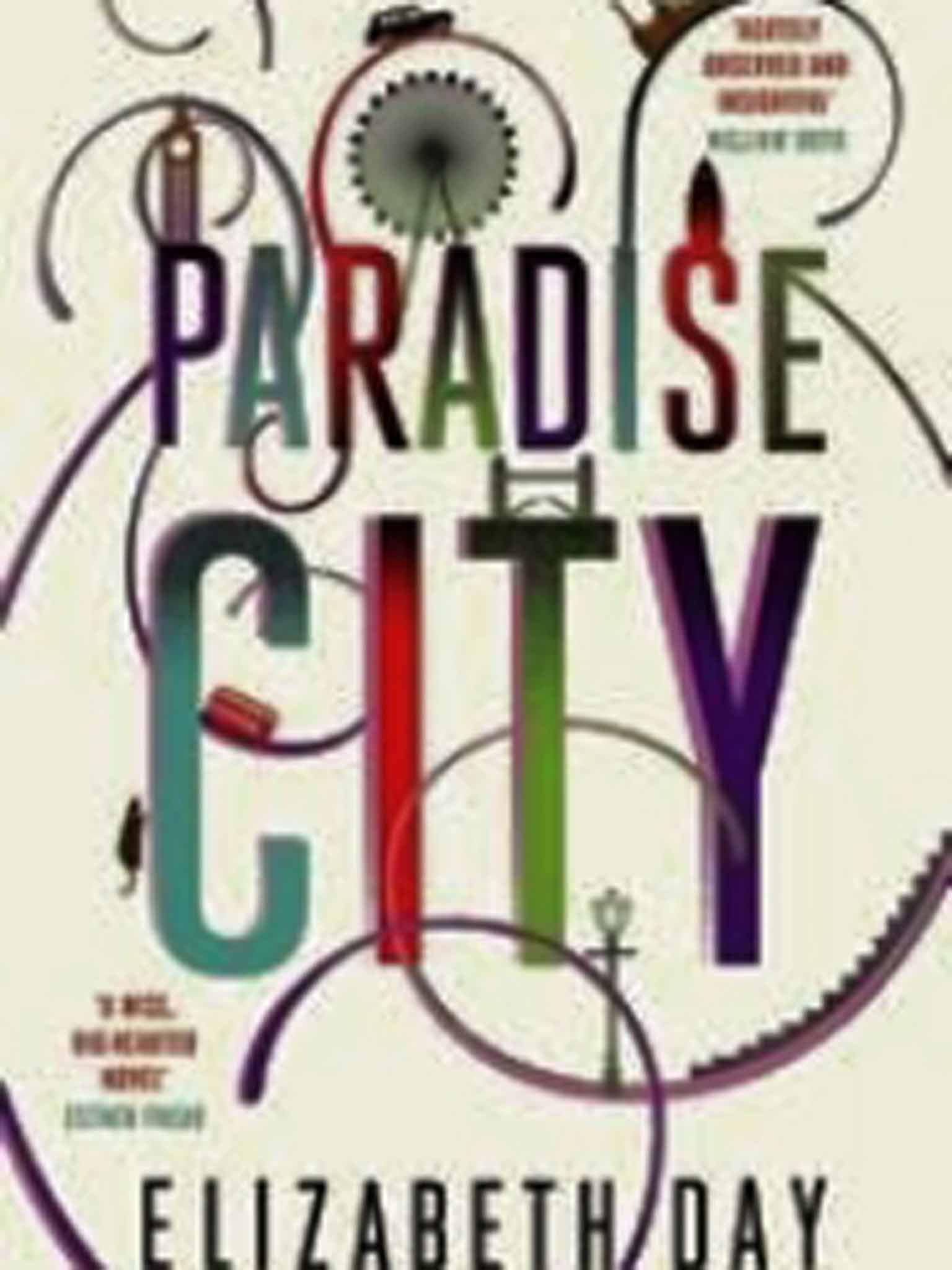Paradise City by Elizabeth Day - book review: Moral fable of male rapacity doesn't quite hit home
A moral fable, concerned with issues of guilt, contrition and atonement

In a luxurious London hotel bedroom Sir Howard Pink, a self-made millionaire whose sense of entitlement hides flinching self-disgust, encounters a chambermaid, a Ugandan immigrant. As Sir Howard masturbates against Beatrice Kizza, "He cannot see her face but he knows ... that she is smiling... gagging for it".
Elizabeth Day's third novel addresses the theme of male rapacity that drove her debut, Scissors Paper Stone (2012). The story alternates four perspectives: Howard's and Beatrice's, and those of Esme, a young journalist hunting for stories and reputation, and Carol, a 65-year-old widow. In a highly constructed, slow-paced and over-detailed narrative, Day's story moves towards the convergence of the four plots. Each character is double, an everyday mask being twisted out of true in defence of an old wound.
Howard's contumacious, cold self is fuelled by grief for Ada, his "beautiful, edgy, neurotic, nineteen-year-old daughter", who vanished without trace years ago. Beatrice, the migrant worker whom he abuses, has previously suffered rape in her homeland and the loss of a beloved lesbian partner. When Esme, steeped in the betrayals of journalism, interviews "The guy whose daughter went missing", she's looking for copy but Pink's sorrow disarms her by triggering memories of her father's early death. "This is not your sadness," Esme tells herself. "But somehow it was." Day's portrayal of the queasy dubiety of a journalist's profession, wheedling out exploitable intimacies from interviewees, is highly convincing. Howard, depraved but conscience-stricken, is less adeptly realised.
The author's design aligns these disparate characters in a system of partial mirrorings. This is interesting and thought-provoking, undermining the reader's expectation of nemesis for the perpetrator. Beatrice is no supine victim but a survivor who "is sick of men getting away with it". When she recognises Pink's picture in the newspaper ("A millionaire... he should have paid her"), we think she'll go for his wallet. But to Beatrice, "pay" means a different form of recompense and restitution. Paradise City is a moral fable, concerned with issues of guilt, contrition and atonement.
Day's interest is in the melting moment of recognition when you step back into yourself, with a fresh illumination, reclaiming the softer you. That's lovely – but, given the degree of Howard's offence and the depth of insult Beatrice has endured, it seems too much to ask of the fable. Readers may feel that Paradise City's verdict on this rapacious millionaire is implausibly lenient.
Subscribe to Independent Premium to bookmark this article
Want to bookmark your favourite articles and stories to read or reference later? Start your Independent Premium subscription today.

Join our commenting forum
Join thought-provoking conversations, follow other Independent readers and see their replies